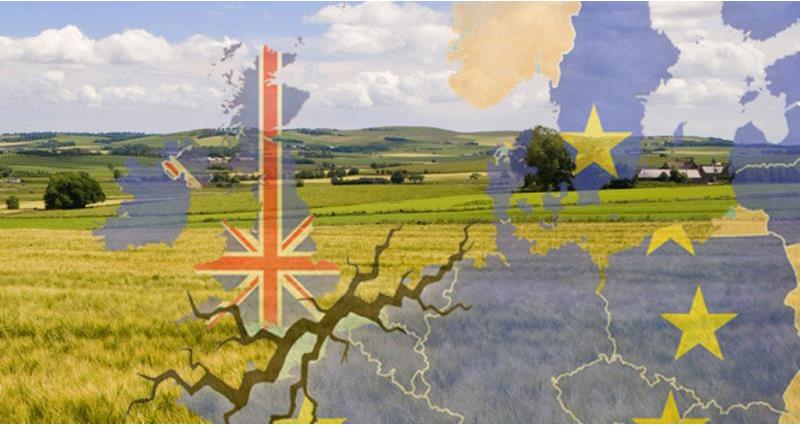Last week the UK and EU signed off on ‘the deal’. Alongside the widely publicised Withdrawal Agreement ‘the deal’ includes the Political Declaration which sets out the framework for the future relationship between the EU and the UK. NFU EU exit and international trade adviser Tori Morgan investigates what it says, why it matters and where we go next:
The Political Declaration meanwhile sets out how the EU and UK envisage their future relationship might work once the transition period (as provided for in the Withdrawal Agreement) is over and the UK is no longer bound by EU rules. The Political Declaration is not legally binding on either party and the 26 page document is not all encompassing so as ever there is still plenty to negotiate.
Following agreement between the EU and UK at EU Council last Sunday both the Political Declaration and the Withdrawal Agreement will now face a “meaningful vote” in Parliament, scheduled for 11 December. Here MPs will give their verdict on whether the two parts of the deal deliver on the result of the Referendum.
What does the Political Declaration say?
The Declaration makes it clear that the future relationship will be a delicate balance of rights and obligations; it has a lofty aspiration to simultaneously respect the integrity of the EU’s Single Market and the four indivisible freedoms of the Union, alongside the UK sovereignty and its decision to end the free movement of people.
The EU and UK commit to developing an ambitious, wide ranging and balanced economic partnership, underpinned by provisions which ensure a level playing field for open and fair competition. They suggest that this relationship could take the form of an Association Agreement. The EU has historically used association agreements to create “privileged links” with non-member countries. These privileged links can involve setting up free trade areas, or creating broader economic and political co-operation on areas of mutual interest – so would theoretically fit the needs of our future relationship quite well.
The EU and UK envisage a comprehensive free trade area meaning no tariffs, fees or quotas for trade in all goods including agrifood goods, this will be combined with deep regulatory and customs cooperation. Both parties commit to a trading relationship which is ‘as close as possible’, but it’s important to note this is not the same as frictionless trade at the border as proposed in the government’s “Chequers Statement” earlier this year. The extent of UK commitments on customs and regulatory cooperation, including with regard to alignment of rules, would be taken into account when determining the necessary level of checks and controls at the borders. There is a lack of clarity in the Declaration about where the UK is prepared to diverge from the EU on regulation on standards, and what the consequences would be if it chooses to diverge, but presumably the greater the divergence, the greater potential for friction at the border.
In line with the UK Governments position the document notes that freedom of movement of people will end. It is an aim of the UK and EU that there should be visa free travel for citizens for short term visits and they agree to consider conditions for entry and stay for purposes such as research, study, training and youth exchange. However, the Political Declaration does not discuss the movement of people to live and work long term in either region; this is something still to be negotiated.
The future relationship will be governed by a Joint Committee which will consist of representatives nominated by both the EU and the UK at the appropriate level. Should there be a dispute an independent arbitration panel will be established, this panel will consist of two members nominated by each the UK and EU and an independent chairperson. The decisions of this panel will be final, however it is hoped disputes can be settled through consultation and discussion.
Finally the Political Declaration commits both parties to undertake a detailed analysis of their future needs, so as to be ready to launch negotiations on the future relationship immediately after Brexit.
What does the NFU think?
Rest assured the NFU will be working closely with government to deliver answers to some of the questions posed by the future declaration. »ĘĽŇ»ŞČËis calling for a mature trade and regulatory arrangement that allows regulatory divergence in the UK, while not hindering frictionless trade between the UK and EU. As the UK negotiates what will be it’s first (and arguably most important) trade deal, the NFU will also continue to underline the importance of our standards and why they matter to both farming and the British public.
Following the publication of the on 23 November the NFU's EU exit and international trade team prepared a briefing exclusively for members.
The briefing sets out the key aspects of the Political Declaration and the approval process - read it here.
This document is available for NFU members only - you will be asked to log in.
How to log in: Use your membership number or the email address associated with your membership to access member briefings.
If you've forgotten your password, you can use this form to get an email reminder or contact NFU CallFirst on 0370 845 8458.
